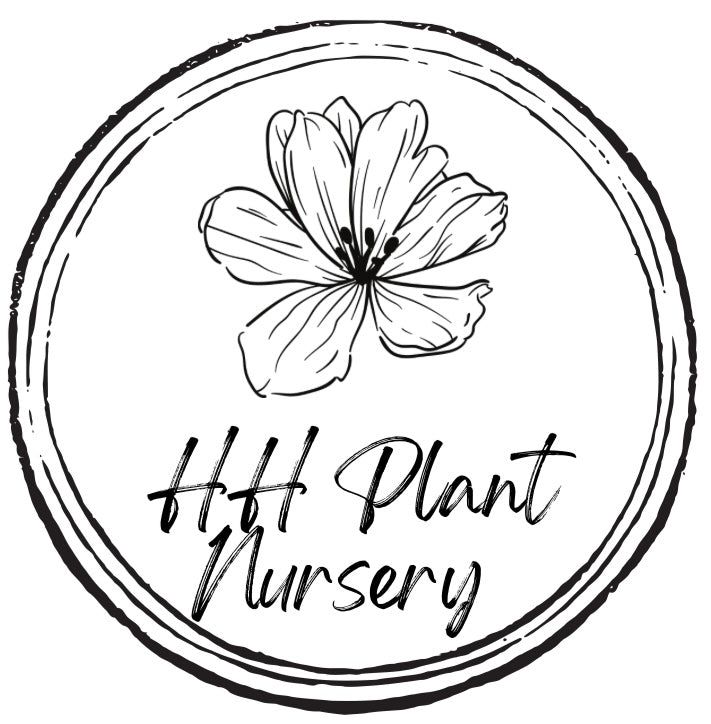What is Edible Landscaping?
Edible landscaping is a practice that combines the beauty of traditional landscaping with the functionality of growing edible plants. It involves incorporating fruits, vegetables, herbs, and even edible flowers into your outdoor space. Instead of purely ornamental plants, you can have a garden that not only looks stunning but also provides you with fresh, homegrown produce.
Health and Nutrition
One of the major benefits of edible landscaping is the improvement it brings to your health and nutrition. By growing your own fruits and vegetables, you have direct control over what goes into your food. You can avoid harmful pesticides and chemicals, ensuring that you and your family consume only fresh and organic produce. This can lead to a healthier diet and a reduced risk of various health issues.
Sustainability
Another advantage of edible landscaping is its positive impact on the environment. By growing your own food, you reduce the need for transportation and packaging, which contributes to carbon emissions. Additionally, you can practice sustainable gardening techniques such as composting and water conservation, further minimizing your ecological footprint. Edible landscaping promotes self-sufficiency and reduces reliance on industrial agriculture.
Aesthetics
Edible landscaping doesn't mean sacrificing beauty for functionality. In fact, it can enhance the aesthetics of your outdoor space. Many edible plants have attractive foliage, vibrant flowers, or interesting textures that can add visual interest to your garden. You can create a visually stunning landscape by incorporating edible plants alongside traditional ornamental plants. Imagine a colorful mix of lettuce, kale, and Swiss chard intermingled with flowers and shrubs.
Cost Savings
Growing your own food through edible landscaping can also lead to significant cost savings. Buying organic produce from the grocery store can be expensive, but by growing your own, you can save money on groceries. Additionally, you can reduce food waste by harvesting only what you need when you need it. With careful planning and maintenance, you can have a bountiful harvest throughout the growing season.
Education and Family Bonding
Edible landscaping provides an excellent opportunity for education and family bonding. It allows you to teach your children about the importance of sustainable living, where food comes from, and how to grow and care for plants. Working together in the garden can strengthen family relationships and create lasting memories. It's a chance to connect with nature and instill a sense of responsibility and appreciation for the environment.
Conclusion
Edible landscaping offers a multitude of benefits, from improved health and nutrition to sustainability and cost savings. It allows you to create a beautiful outdoor space while providing you with fresh, organic produce. By embracing edible landscaping, you can enjoy the rewards of self-sufficiency, environmental consciousness, and a deeper connection with nature.

